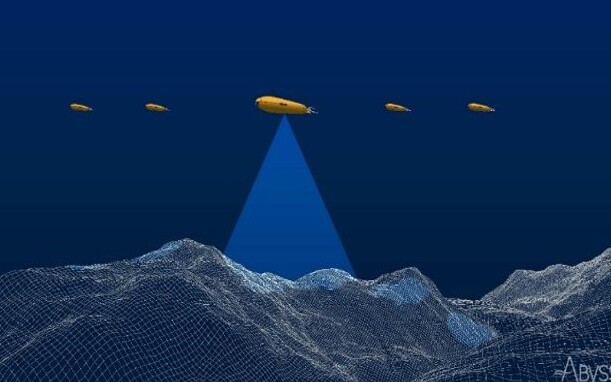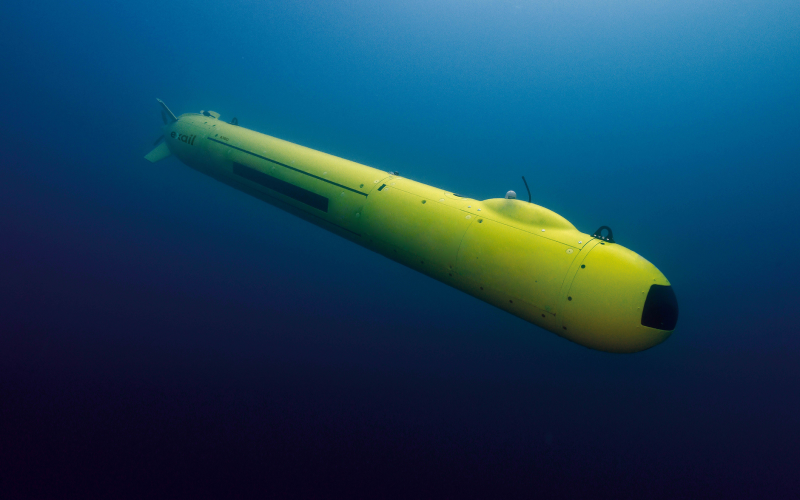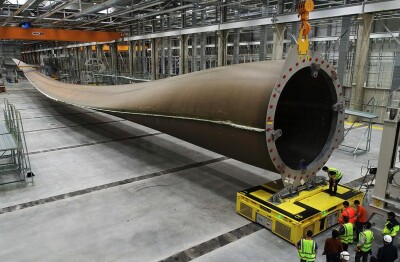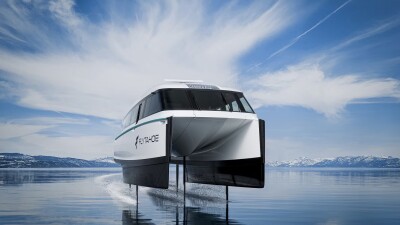Exail, RTsys, and ABYSSA today announced a partnership for the CARMA (Mineral Resources Mapping by AUVs Swarms) project. This initiative, co-funded by Bpifrance under the #France2030 program, aims to enhance knowledge of deep-sea environments. The CARMA project focuses on developing swarms of Autonomous Underwater Vehicles (AUVs) for efficient ocean floor mapping.
The project's goal is to create an innovative solution for precise seabed surveying at great depths. The development includes a multi-sensor underwater drone capable of diving to 3000 meters (9840 feet), which will coordinate multiple AUVs to expand the exploration area. The research program also involves developing advanced collaborative navigation, acoustic communications, positioning, and innovative mapping capabilities. CARMA aligns with the French authorities' strategy to enhance deep-sea exploration capacities, the released statement said.
As part of this strategy, Exail will improve its deep-water AUV A18-D to serve as the lead AUV guiding the swarm. Enhancements will enable navigation down to 9840’, close to the seabed over sloped terrains, and accurate geolocation of the swarm's acquired data. RTsys will extend its newly developed AUV COMET-3000 to dive up to 9840’. Multiple units will act as followers, along with the development of an innovative launch and recovery system for the AUV swarm. ABYSSA will focus on developing exploration strategies for deep-water AUV swarms and processing the magnetic data collected to map seabed magnetic anomalies.
The project aims to deploy an operational demonstrator at sea by 2026, paving the way for future commercial phases. A preliminary study on extending exploration capacity to 6,000 meters (19,685’) depth will also be conducted concurrently.

"We are pleased to announce our collaboration with ABYSSA and RTsys in the innovative CARMA project, where we combine our technological expertise” said Catherine Pikovsky, project manager at Exail. “As we push the boundaries of autonomous underwater exploration, we enhance the capabilities of our deep-water AUV A18-D to navigate close to the seabed. Leveraging pack piloting techniques and advanced navigation algorithms, we lead the way towards a precise seabed surveying down to 3,000 meters, reflecting our dedication to innovation and advancing deep-sea exploration.”
“Thanks to this project we have the opportunity to work on the development of an AUV swarm operating at 3,000 meters depth. This allows us to enrich our expertise, innovate in the deep-sea field and demonstrate our swarm capability. The studies conducted thanks to the AUV swarm will provide scientific knowledge and contribute to the inventory of underwater heritage.” said Marine Postec, project manager at RTsys.
“We are defending the principle of the AUVs swarm, winner of the 2015 Global Innovation Competition, because it enables oceanographers to carry out extensive and accurate non-intrusive mapping in deep, little-known areas” said Michel Colinet, Deputy CEO at ABYSS.





